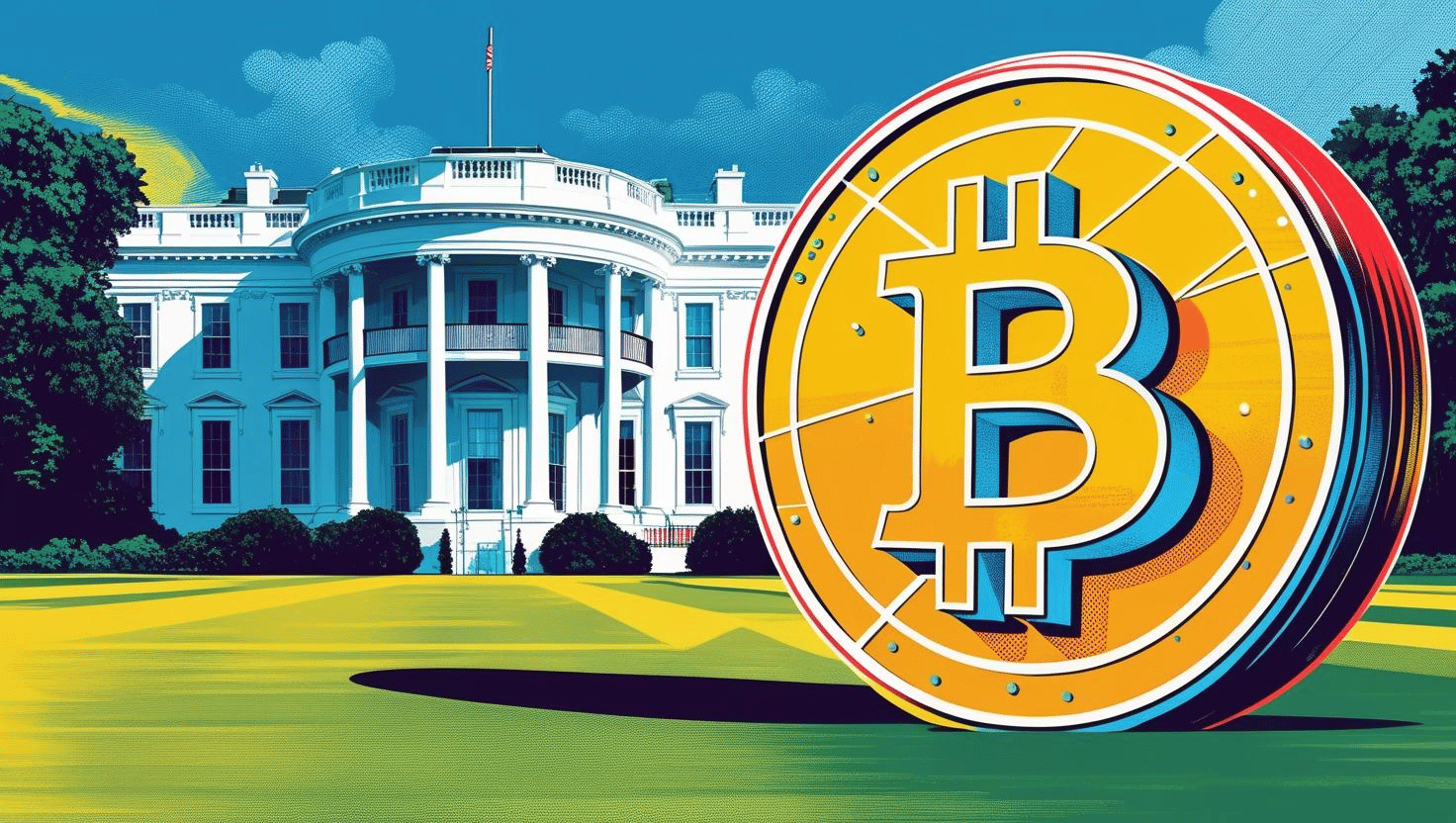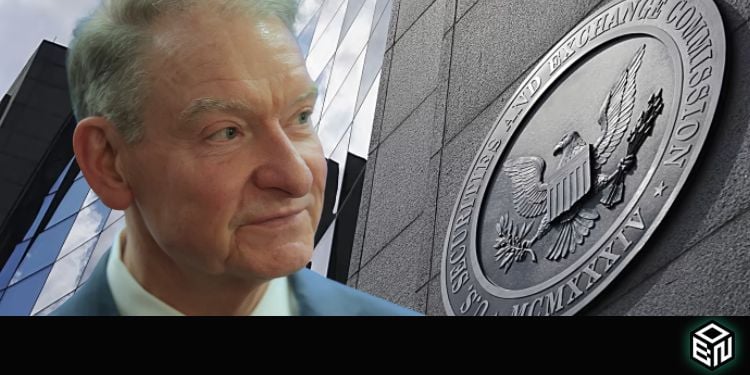Everything Important You Need to Know About the White House Digital Assets Report

- Trump’s crypto working group calls for new legislation enabling exchanges to custody crypto and urges SEC/CFTC to adopt innovation-friendly frameworks like sandboxes and safe harbors.
- The administration backs the Clarity Act and proposes empowering the CFTC with spot market oversight while recognizing DeFi and tokenization as key future drivers.
- Ethical concerns linger over Trump’s personal crypto ties, but the administration is pushing forward with a full-scale regulatory overhaul to support U.S. crypto adoption.
In a major move for U.S. digital asset regulation, President Donald Trump’s crypto working group released its first public findings Wednesday, calling for sweeping new legislation and rulemaking to modernize the American crypto landscape. The report, a key result of Trump’s January executive order, signals the administration’s full embrace of the crypto industry and outlines a regulatory vision far different from that of the previous administration. Among its headline recommendations: allow crypto exchanges to also custody assets, create tailored disclosure regimes for crypto securities, and give broader oversight authority to the CFTC.
Legislative Agenda and Market Structure Reforms
The White House urged Congress to advance the Clarity Act, which passed the House earlier this month, and encouraged the Senate to include critical amendments that would give exchanges more flexibility and help define token classifications. Specifically, the administration wants to see clear pathways for trading platforms to also act as custodians, a structure that crypto firms have long argued is more appropriate for digital assets than traditional separation requirements.
The report also supports giving the Commodity Futures Trading Commission (CFTC) jurisdiction over crypto spot markets, while encouraging both the SEC and CFTC to embrace regulatory sandboxes and safe harbors for innovative financial products. This approach is designed to help projects launch without falling into regulatory limbo—a longstanding pain point for startups navigating securities law.
DeFi and Tokenization Front and Center
In a notable departure from previous administrations, the Trump White House explicitly recognized the potential of decentralized finance (DeFi), citing it as a pillar of financial innovation. The report urges lawmakers and regulators to “embrace the technology underpinning DeFi,” signaling a willingness to accommodate blockchain-native applications and self-custody platforms within a federal framework.
The working group also highlighted tokenization—the process of turning real-world assets into blockchain-based tokens—as a transformative force in capital markets. Coinbase reportedly has a pending request with the SEC to offer tokenized stocks, and while the Commission hasn’t responded publicly, the administration’s endorsement of the concept is a green light for other firms considering similar products.
A Shift from Biden-Era Enforcement
The tone and recommendations mark a sharp break from the Biden-era crackdown on crypto firms. Under former SEC Chair Gary Gensler, the regulator pursued aggressive enforcement actions against exchanges like Coinbase and Binance. Those cases have since been dropped under Trump’s administration, with current SEC Chair Paul Atkins now emphasizing industry collaboration over litigation.
Wednesday’s report is likely to supercharge legislative momentum in Washington, especially as the crypto sector rallies around the Clarity Act. Trump has also signed a stablecoin bill into law, and the administration has made it clear that comprehensive market structure legislation is next on the docket.
Ethics Concerns and Industry Ties
Despite the pro-crypto push, concerns have emerged about potential conflicts of interest. The Trump family has launched meme coin projects, and the president holds a stake in World Liberty Financial, a digital asset platform. While the White House denies any ethical violations, critics warn that these financial ties could color the administration’s policy stance.
Still, for the crypto industry, Wednesday’s report is a watershed moment—one that could finally lay the groundwork for a clear, comprehensive federal framework.
The post Everything Important You Need to Know About the White House Digital Assets Report first appeared on BlockNews.
Everything Important You Need to Know About the White House Digital Assets Report

- Trump’s crypto working group calls for new legislation enabling exchanges to custody crypto and urges SEC/CFTC to adopt innovation-friendly frameworks like sandboxes and safe harbors.
- The administration backs the Clarity Act and proposes empowering the CFTC with spot market oversight while recognizing DeFi and tokenization as key future drivers.
- Ethical concerns linger over Trump’s personal crypto ties, but the administration is pushing forward with a full-scale regulatory overhaul to support U.S. crypto adoption.
In a major move for U.S. digital asset regulation, President Donald Trump’s crypto working group released its first public findings Wednesday, calling for sweeping new legislation and rulemaking to modernize the American crypto landscape. The report, a key result of Trump’s January executive order, signals the administration’s full embrace of the crypto industry and outlines a regulatory vision far different from that of the previous administration. Among its headline recommendations: allow crypto exchanges to also custody assets, create tailored disclosure regimes for crypto securities, and give broader oversight authority to the CFTC.
Legislative Agenda and Market Structure Reforms
The White House urged Congress to advance the Clarity Act, which passed the House earlier this month, and encouraged the Senate to include critical amendments that would give exchanges more flexibility and help define token classifications. Specifically, the administration wants to see clear pathways for trading platforms to also act as custodians, a structure that crypto firms have long argued is more appropriate for digital assets than traditional separation requirements.
The report also supports giving the Commodity Futures Trading Commission (CFTC) jurisdiction over crypto spot markets, while encouraging both the SEC and CFTC to embrace regulatory sandboxes and safe harbors for innovative financial products. This approach is designed to help projects launch without falling into regulatory limbo—a longstanding pain point for startups navigating securities law.
DeFi and Tokenization Front and Center
In a notable departure from previous administrations, the Trump White House explicitly recognized the potential of decentralized finance (DeFi), citing it as a pillar of financial innovation. The report urges lawmakers and regulators to “embrace the technology underpinning DeFi,” signaling a willingness to accommodate blockchain-native applications and self-custody platforms within a federal framework.
The working group also highlighted tokenization—the process of turning real-world assets into blockchain-based tokens—as a transformative force in capital markets. Coinbase reportedly has a pending request with the SEC to offer tokenized stocks, and while the Commission hasn’t responded publicly, the administration’s endorsement of the concept is a green light for other firms considering similar products.
A Shift from Biden-Era Enforcement
The tone and recommendations mark a sharp break from the Biden-era crackdown on crypto firms. Under former SEC Chair Gary Gensler, the regulator pursued aggressive enforcement actions against exchanges like Coinbase and Binance. Those cases have since been dropped under Trump’s administration, with current SEC Chair Paul Atkins now emphasizing industry collaboration over litigation.
Wednesday’s report is likely to supercharge legislative momentum in Washington, especially as the crypto sector rallies around the Clarity Act. Trump has also signed a stablecoin bill into law, and the administration has made it clear that comprehensive market structure legislation is next on the docket.
Ethics Concerns and Industry Ties
Despite the pro-crypto push, concerns have emerged about potential conflicts of interest. The Trump family has launched meme coin projects, and the president holds a stake in World Liberty Financial, a digital asset platform. While the White House denies any ethical violations, critics warn that these financial ties could color the administration’s policy stance.
Still, for the crypto industry, Wednesday’s report is a watershed moment—one that could finally lay the groundwork for a clear, comprehensive federal framework.
The post Everything Important You Need to Know About the White House Digital Assets Report first appeared on BlockNews.
 WHITE HOUSE DIGITAL ASSETS REPORT IS LIVE
WHITE HOUSE DIGITAL ASSETS REPORT IS LIVE 
